When you shop for soil amendments to improve your soil, most of the products you see will be planting mixes, which are made by blending good soil with good compost. Planting mixes are fine for filling new raised beds or setting out long-lived perennials or shrubs, but most vegetable gardens already have plenty of soil. What they need is rich organic matter. They need compost.
Four types of compost are often sold in bags in stores.
Yard waste compost made from leaves and grass clippings has a light texture similar to peat moss, and it is usually inexpensive in bags or may be even offered for free from municipal mulch piles. Some municipalities also deliver composted leaves by the load for a fee. Check with your city or county government to see if this service is available. Local Master Gardeners may also know where you can get free yard waste compost; they can be reached through your local Extension office.
Yard waste compost is especially beneficial to heavy clay soil or any soil that contains very little organic matter. Yard waste compost is a great source of organic matter, but it's lean on nutrients. Don't forget the fertilizer when you prepare planting space with this type of compost.
Composted manure may be made from cow, horse, or poultry manures that have been combined with sawdust, yard waste, or other high-carbon materials to create a rich yet heavy-textured compost. A little goes a long way, especially in naturally fertile soils. Composted manure contains several important nutrients, so you can reduce fertilizer application rates by half when using this type of compost. Organic growers who incorporate composted manure into the soil in bulk do so in the fall to make sure that bacterial pathogens from the manure are gone by the time the crop is planted. The bagged composted manure that you'll find in garden centers has usually been treated to kill bacteria.
Mushroom compost starts out as rich, hot compost made from straw and horse or cow manure or plant meals. Then, just as the compost cools down, it is inoculated with mushroom spawn and given just the right conditions to produce delicious button mushrooms. After the mushrooms fruit, the leftover soil is packaged and resold. Mushroom compost is often smelly when you first open the bag, but the odor goes away in a few days. It contains several important nutrients, so you can reduce fertilizer application rates by about one third when using this type of compost.
Vermicompost or worm castings are produced from manures, food wastes, and paper, yard waste, or other bulky material. Under carefully controlled conditions, the ingredients are processed by millions of redworms, and their waste becomes vermicompost. Before it is sold, vermicompost is usually mixed with high-quality soil to improve its texture and dilute its nutrients. The potency of vermicompost varies among products, so follow application rates given on the product's label—too much can injure plant roots and flood the soil with excessive salts. Vermicompost is best used to prepare soil for root crops or as a midseason pick-me-up for peppers, tomatoes, and other vegetables that bear for a long time. Ever-bearing strawberries grown in containers also respond well to topdressing with vermicompost.
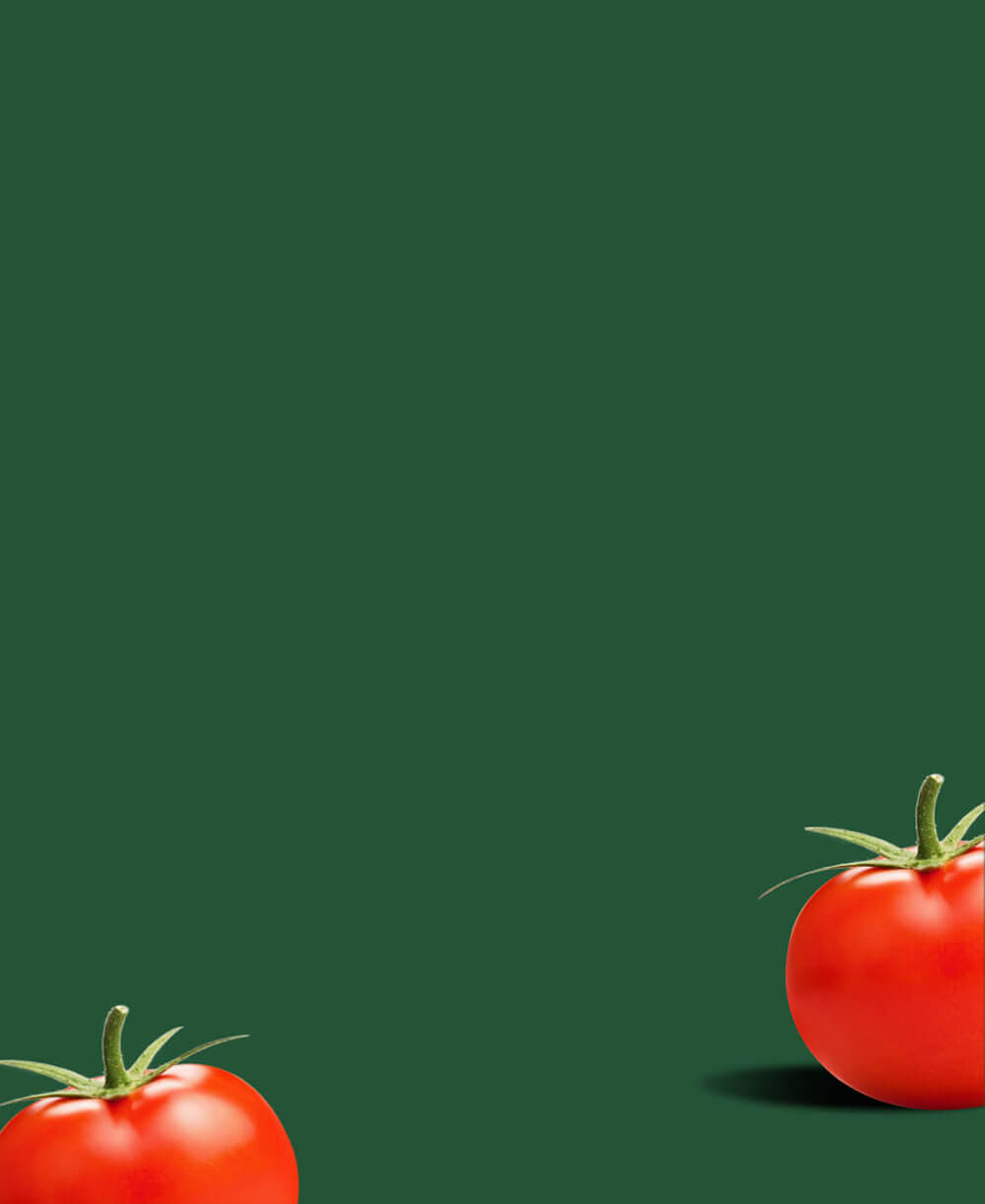
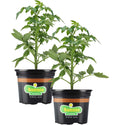
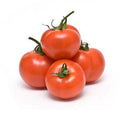


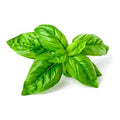 Herbs
Herbs
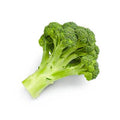 Vegetables
Vegetables
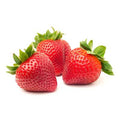 Fruit
Fruit
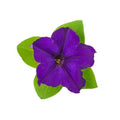 Flowers
Flowers
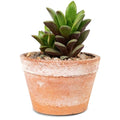 Succulents
Succulents

